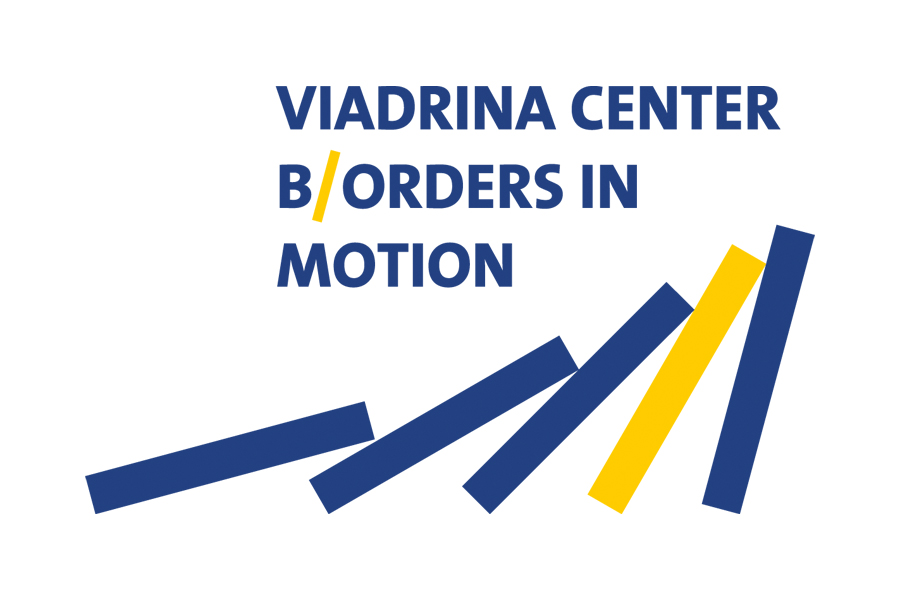New project: Gendering of asylum infrastructures (Dr Marija Grujić)
On 1 April 2024, the Viadrina Center B/ORDERS IN MOTION launched a new third-party funded project funded by the DFG for 24 months as part of the Walter Benjamin Programme.
The research project is carried out by Dr Marija Grujić (Professorship for Comparative Cultural and Social Anthropology at the EUV)
and deals with the topic
GENDERING ASYLINFRASTRUCTURES.
Mobilising awareness of gender, sexual orientation and experiences of violence in Europe after 2014.
Multiple scientific findings on the central importance of gender in the asylum context and the reception of refugees shed light on how a number of social issues relating to women and LGBTIQ+ people are perceived and treated in asylum contexts. However, the complexity of the day-to-day aspects of mobilising gender and sexuality awareness and experiences of violence within asylum infrastructures (e.g. assessment, reception, counselling) is often overlooked. This project explores how responsible asylum staff are influenced by their understanding of the interconnections between gender, sexuality and violence when dealing with asylum seekers. The focus is on the mobilisation of gender orders and views on femininity/masculinity, especially in the context of the assessment of "special protection needs" and "vulnerability", for which the responsible actors use digital tools to promote equal treatment and protection. Drawing on qualitative research on the mobilisation of gender, sexuality and violence in the assessment and reception of asylum seekers in Germany, shaped by the adaptation of EU protection mechanisms, and in the UK, with a view to the post-Brexit changes and the hostile environment there, prominent narratives about the entanglements related to the often divergent discourses of men as threats and women as vulnerable to violence are elaborated. With reference to theories on gender orders, ideas of femininities/masculinities in official guidelines and in the gender-sensitive approach to asylum procedures in everyday practice are analysed. The project also draws on critical migration research on the coloniality of migration, intersectionality and decolonial approaches. In addition to the feminist critique of gender orders in forced migration and international protection, the use of digital technologies in asylum infrastructures will be theorised, including on the basis of critical sociological and anthropological studies on asylum reception. The project will explore how gender-sensitive procedures are introduced and transformed through interactions between asylum staff and asylum seekers and what it means to assess vulnerability and perceive gender and sexuality through a perspective of violence.
Further information on the project can be found on the project website.

Share article: